A new tool to help make homes, premises and public places more accessible to an ageing population and those living with dementia has been unveiled by the University of Stirling.
The Environments for Ageing and Dementia Design Assessment Tool (EADDAT) combines the latest research on designing for cognitive change with the expertise of leading architects based at the University's Dementia Services Development Centre (DSDC). It replaces DSDC's Dementia Design Audit Tool which was first developed in 2008 and has influenced the design of care buildings worldwide.
Following successful trials by Transport for London and Kirklees Council, EADDAT is now available to those seeking to make homes, restaurants, cafes and public buildings more accessible.
Lesley Palmer, Chief Architect at DSDC, said: "Research has demonstrated that dementia design can sustain independence and support quality of life for people with dementia. Additionally, research tells us that age-friendly environments can help foster healthy and active ageing by building and maintaining cognitive capacities across the course of our lives. This is increasingly more important as the global population is ageing.
"This ground-breaking new tool is designed to be more accessible and covers an array of building types. Whether you are a person living with dementia, a small business owner or commissioning a new care home, there is a version of EADDAT available to support you."
People living with dementia perceive things differently. For example, a black mat placed in the doorway of a shop may be perceived as a hole in the ground, which can make some people living with dementia fearful of crossing the threshold.
Ms Palmer continued: "Age-related changes in our sight, hearing and mobility affect how we engage with our environment. For example, changes in our eyes impact on depth perception, glare and ability to distinguish contrast. An age supportive environment would account for these changes and use design to support its users. Similarly, cognitive change such as dementia also requires specific environmental changes to be made to ensure the user can remain safe and independent."
EADDAT provides practical solutions and guidance on how the design, layout and furnishing of buildings and environments can make it easier for older people and people living with dementia to use places and spaces.
The Tool is made up of three tiers – Tier 1 and 2, with Tier 3 still in development – with each one reflecting the scale of intervention required. Tier 1 is the entry level, created specifically for those wanting to make small changes to the home or in a small business and is available free of charge. Tier 2 covers a wider range of building types and is suitable for people living not only at home, but for business, healthcare settings and other local organisations.
Each tier supplies a complete user guide, assessment checklist, case studies and best practice examples. There is also the option to receive an official audit and accreditation from DSDC.
Kirklees Council is the first local authority to adopt the guidance, using it to develop their own dementia design guide.
Councillor Musarrat Khan, Cabinet Member for Health and Social Care at Kirklees Council, said: "I have seen first-hand how DSDC's design work can very positively impact on the experience of people living in a care home environment that is built using their design research, but, of course, most people live in their own homes in local communities. It is really important, therefore, that we apply the same attention to design to public spaces and buildings and to enable people to make simple changes to their own homes that will enable them to continue to live well.
"Whilst we talk about dementia friendly design, the principles work for everyone. This is very much about inclusive design that works well for people at all stages of life. This design guidance is intended to be used by all of us for everything from major building projects to choosing a new door mat for our own home. Incorporating these design principles into every stage of the process is highly cost effective. It costs no more to use a dementia friendly paint scheme or flooring that creates an inclusive environment than it does to make choices that prevent people from enjoying a building or public space."
Transport for London has also included the Tool in its new Sustainable Development Framework, which measures environmental performance on construction projects and promotes best practice in the property sector.
Ms Palmer added: "Environments for Ageing and Dementia Design Assessment Tool (EADDAT) reflects the advances in our understanding of dementia design and empowers everyone to make a change and receive recognition for their efforts, no matter how small."
Construction News
20/09/2022
New Tool To Help Create Age And Dementia-Friendly Developments
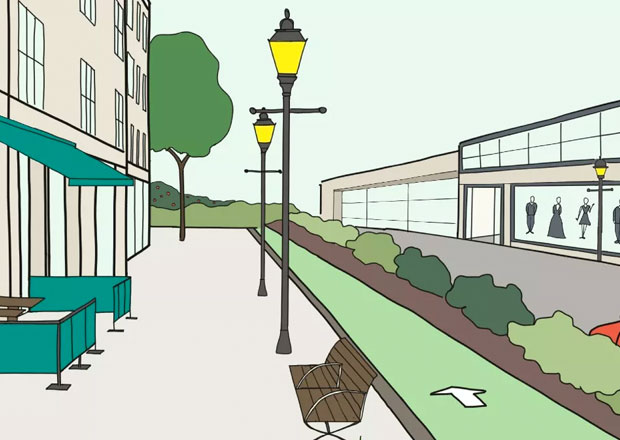
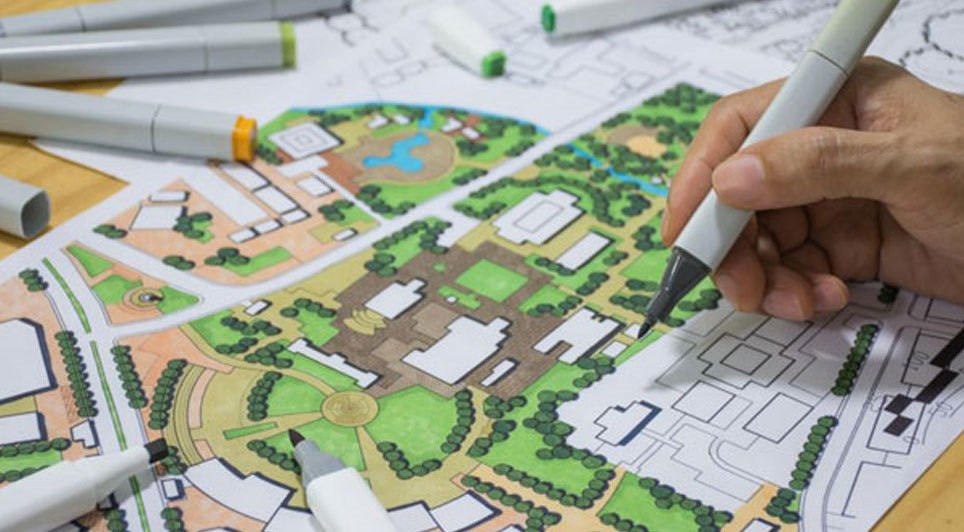
16/04/2025
Construction work on the £5 million repair and refurbishment project at the Loch Centre in Tranent is scheduled to commence in June 2026.
East Lothian Council has announced the anticipated start date for the significant upgrade to the well-used community facility.
Under the current timetable, the

16/04/2025
A £636,000 project to install solar panels at the Gorbals water pumping station in South Ayrshire has been successfully completed.
The scheme aims to provide a renewable energy source for pumping water to thousands of customers in the region.
The project involved the installation of 793 solar pan
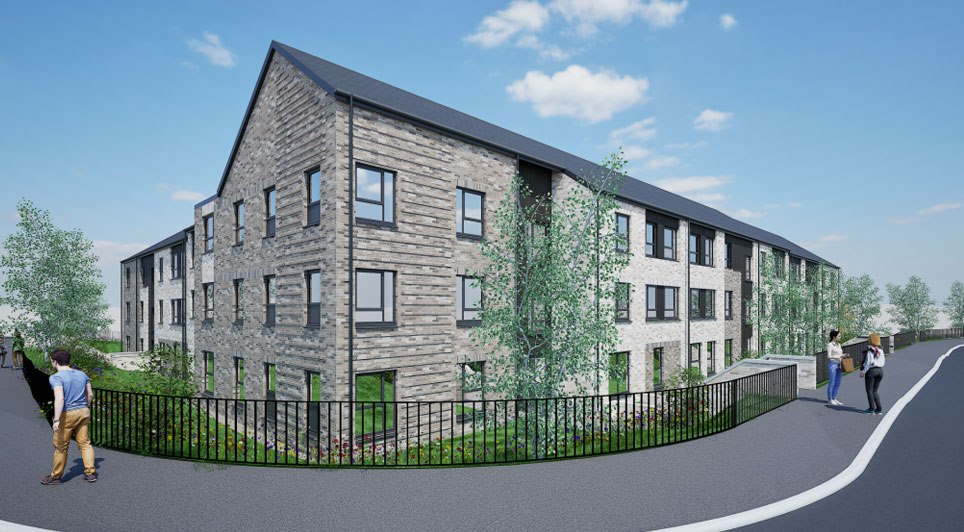
16/04/2025
A planning application has been lodged with Glasgow City Council by The JR Group, acting on behalf of Wheatley Group, for the construction of 29 much-needed affordable homes in the Baillieston area of the city.
The proposed development on Caledonia Road will offer a mix of one- and two-bedroom apa
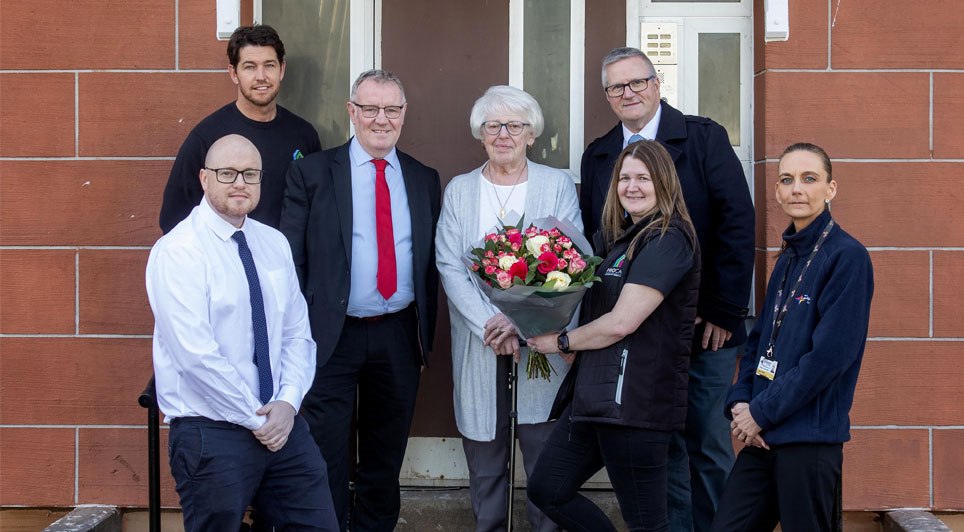
16/04/2025
Residents in 20 blocks of flats across Coatbridge are already experiencing the positive impacts of a recently completed, ambitious energy efficiency refurbishment project.
The extensive construction work has delivered significant improvements to the properties, including the installation of cavity

16/04/2025
Ground investigation works are commencing this month at the proposed site for Orkney Islands Council’s Scapa Deep Water Quay at Deepdale in Holm.
These initial investigations will be followed by marine-based site investigation works scheduled to begin in June.
These works form part of the Pre-Con
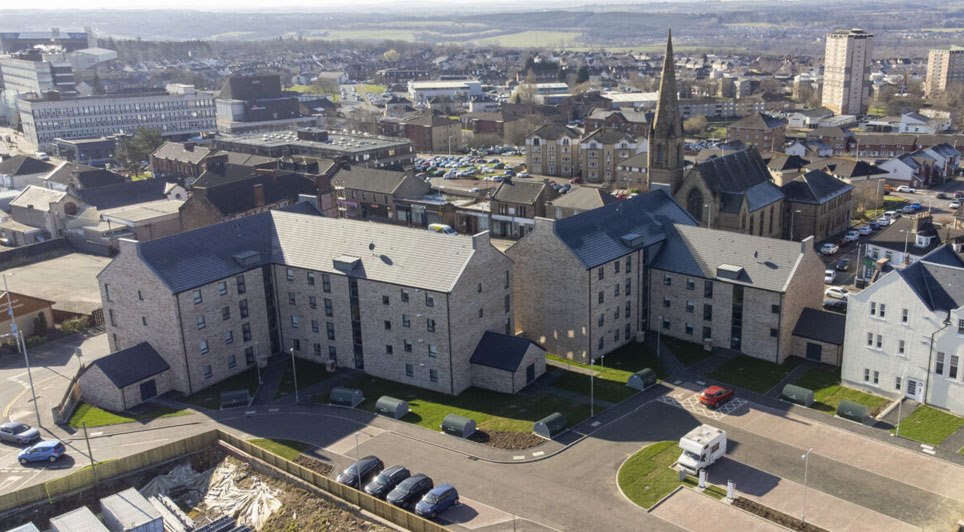
16/04/2025
Construction work has been finalised on a significant new housing development in Motherwell town centre, delivering 42 newly built, highly energy-efficient flats alongside the respectful conversion of the B-Listed YMCA building into a further six homes. The project, part of North Lanarkshire Council
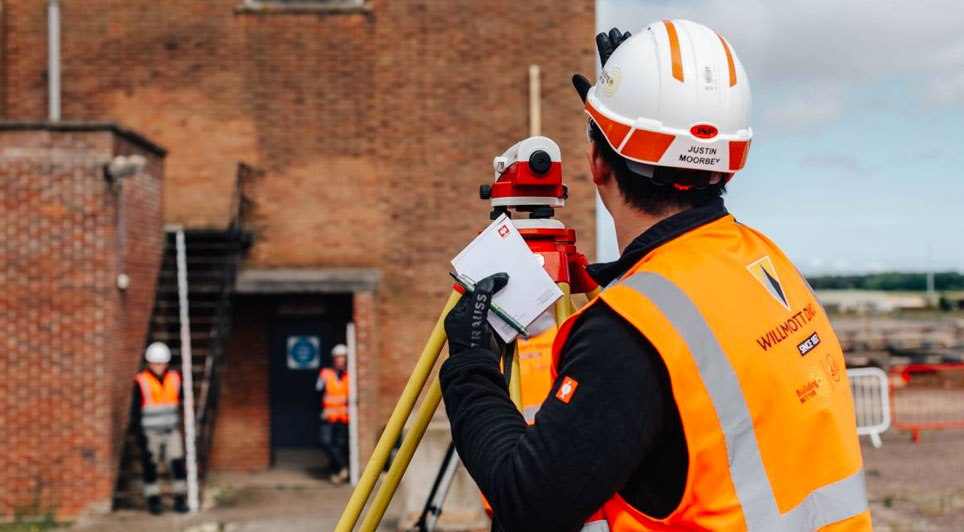
16/04/2025
The Construction Industry Training Board (CITB) has today released its year-end performance data for its New Entrant Support Team (NEST), revealing a significant increase in apprenticeship starts. During the financial year 2024-25, NEST supported 4,128 individuals in commencing apprenticeships, a su
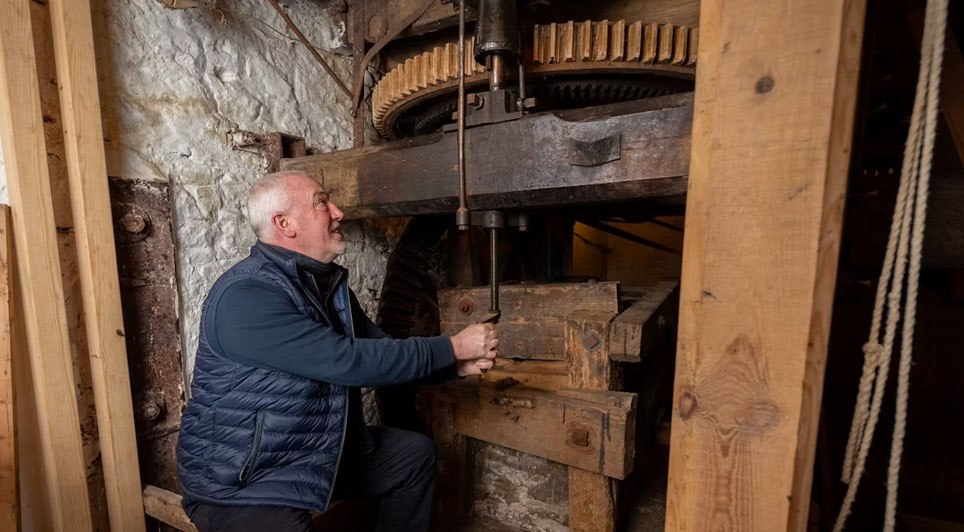
16/04/2025
A water-powered mill in Angus is set to grind grain once again after receiving a record-breaking donation to fund its restoration.
The National Trust for Scotland has announced that a long-time member of the conservation charity has gifted an incredible £2.4 million, one of the largest single dona

15/04/2025
Construction of a £70 million student accommodation development at 292-298 St Vincent Street in Glasgow has reached a significant milestone, with the building now visibly rising from the ground.
Drone footage has captured the progress of the project, which is a partnership between developer Artisa

15/04/2025
Energy regulator Ofgem is expected to confirm today (April 15) its finalised Connections Reform process, designed to expedite grid connections for renewable energy projects that are ready and crucial for achieving the UK's clean power targets for 2030 and beyond.
The new connections system, anticip
 Scotland
Scotland UK
UK Ireland
Ireland London
London










